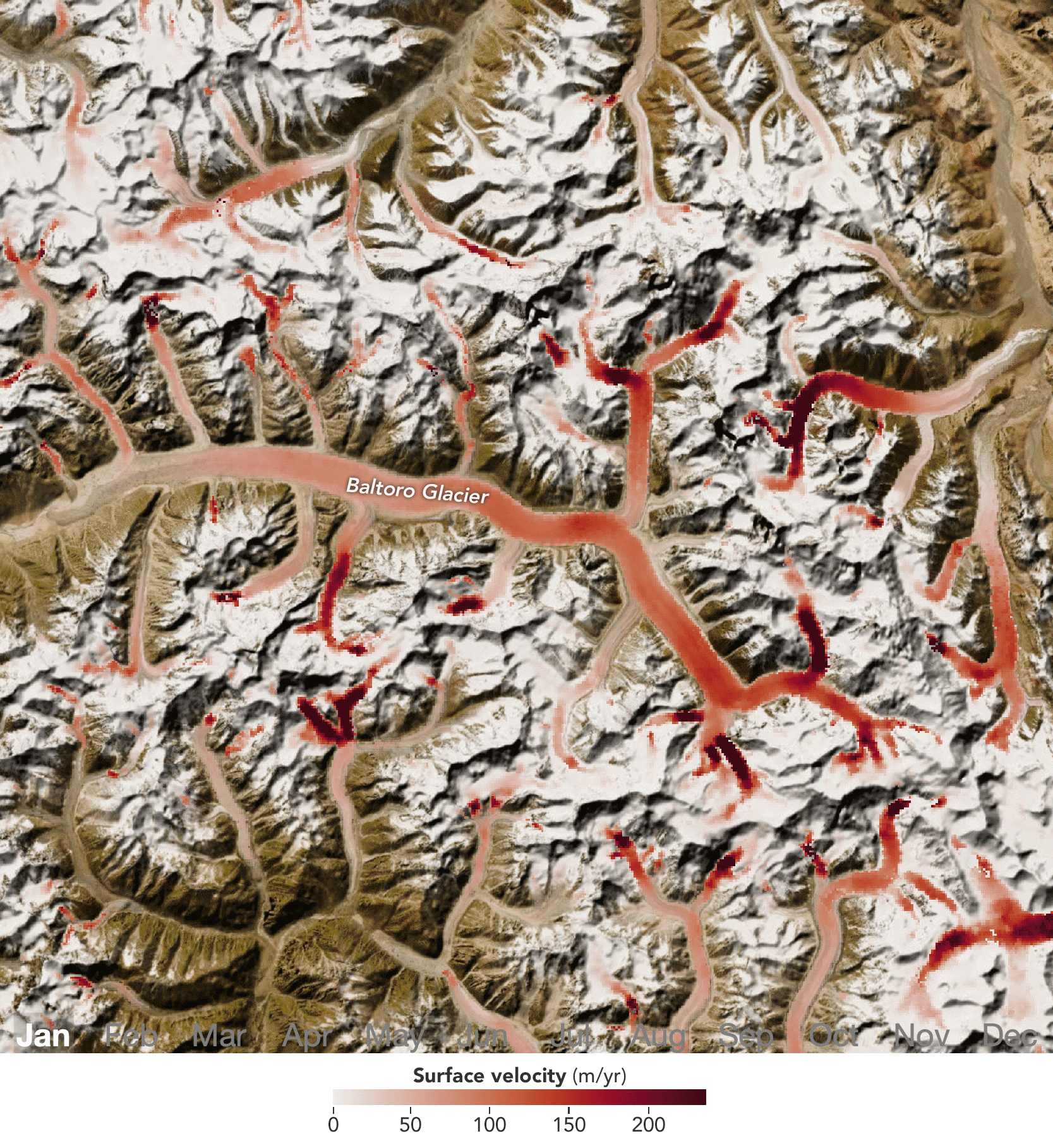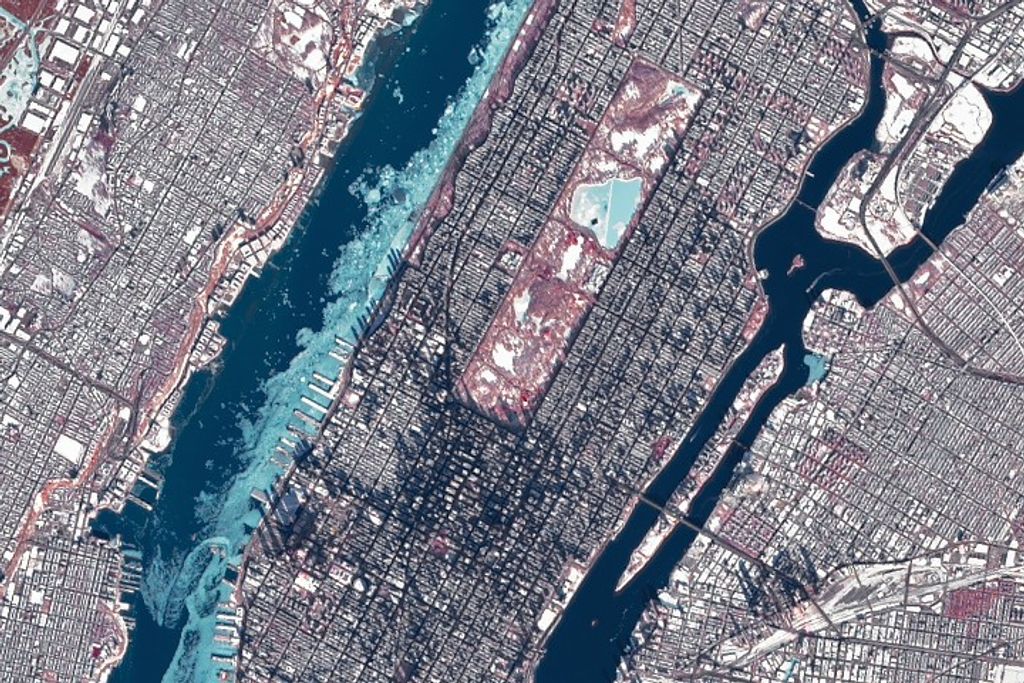A Huntington Beach high-tech firm has won a NASA research award to develop a ceramic composite mechanical fastener system for high-temperature structures under the aerospace agency’s Small Business Innovation Research (SBIR) program.
Hyper-Therm High-Temperature Composites, Inc., will receive one of two contracts to be issued by NASA’s Dryden Flight Research Center at Edwards, Calif., for its SBIR Phase II research and development proposal. The firm’s proposal was one of 120 selected for funding by NASA overall under the agency’s 2006 SBIR program, and is valued at up to $600,000 over a two-year performance period.
“Hypersonic vehicles require thermal protection systems (TPS) to insulate the vehicle from the extreme temperature environment of high-speed flight,” explained Craig Stephens of the Aerostructures Branch at NASA Dryden, technical representative for the Hyper-Therm project.
“Conventional metallic fasteners and fastening techniques are not structurally effective over the wide temperature ranges the TPS panels experience. Hyper-Therm’s contract calls for the firm to develop and test a ceramic matrix composite fastener system that provides an option for assembling large-area TPS structures for future hypersonic vehicles. This novel fastener system is not only about 30 percent cheaper than previous concepts, but also is made from materials that can withstand the high temperatures of hypersonic flight,” Stephens added.
Hyper-Therm’s proposal was chosen based upon technical merit and innovation, the firm’s performance with an earlier Phase I SBIR project, value to NASA, commercial potential and company capabilities.
Phase I awards support evaluation of the scientific or technical merit of a proposed concept, and are funded up to a maximum of $100,000 for a six-month period. Phase II selections are made from high-performing Phase I projects, and are oriented toward development of a marketable product. Between 40 and 50 percent of Phase I contracts are selected for the Phase II follow-on.
Those firms successfully completing work under a Phase I or II contract may enter a third phase of the SBIR program without competition to commercialize their product or service. Phase III funding is provided by private financing or non-SBIR federal funding.
Overall, 102 small, high-technology firms in 27 states will share in about $72 million in SBIR Phase II awards from NASA this year, with several receiving more than one contract. The 120 projects funded were selected from 243 proposals submitted by firms completing SBIR Phase I projects.
The NASA SBIR program is intended to stimulate technological innovation, increase the use of small business – including women-owned and disadvantaged firms – in meeting federal research and development needs, and increase private sector commercialization of innovations derived from federally funded research. NASA’s Ames Research Center, Moffett Field, Calif., manages the SBIR program for the agency’s Innovative Partnership Program office. NASA’s 10 field centers, including NASA Dryden, manage individual projects.
For a list of selected companies, visit: http://sbir.nasa.gov
NOTE TO EDITORS: Further information about Hyper-Therm High-Temperature Composites, Inc., and its NASA SBIR project can be obtained by contacting Wayne Steffier at 714-375-4085. The firm is located at 18411 Gothard Street, Units B&C, Huntington Beach, CA 92648-1208.
– end –
text-only version of this release
To receive status reports and news releases issued from the Dryden Newsroom electronically, send a blank e-mail message to dfrc-subscribe@newsletters.nasa.gov. To unsubscribe, send a blank e-mail message to dfrc-unsubscribe@newsletters.nasa.gov. The system will confirm your request via e-mail.
Dryden Flight Research Center
P.O. Box 273
Edwards, California 93523
Phone 661/276-3449
FAX 661/276-3566
Alan Brown
NASA Dryden Flight Research Center
Phone: 661/276-2665
alan.brown@nasa.gov




























